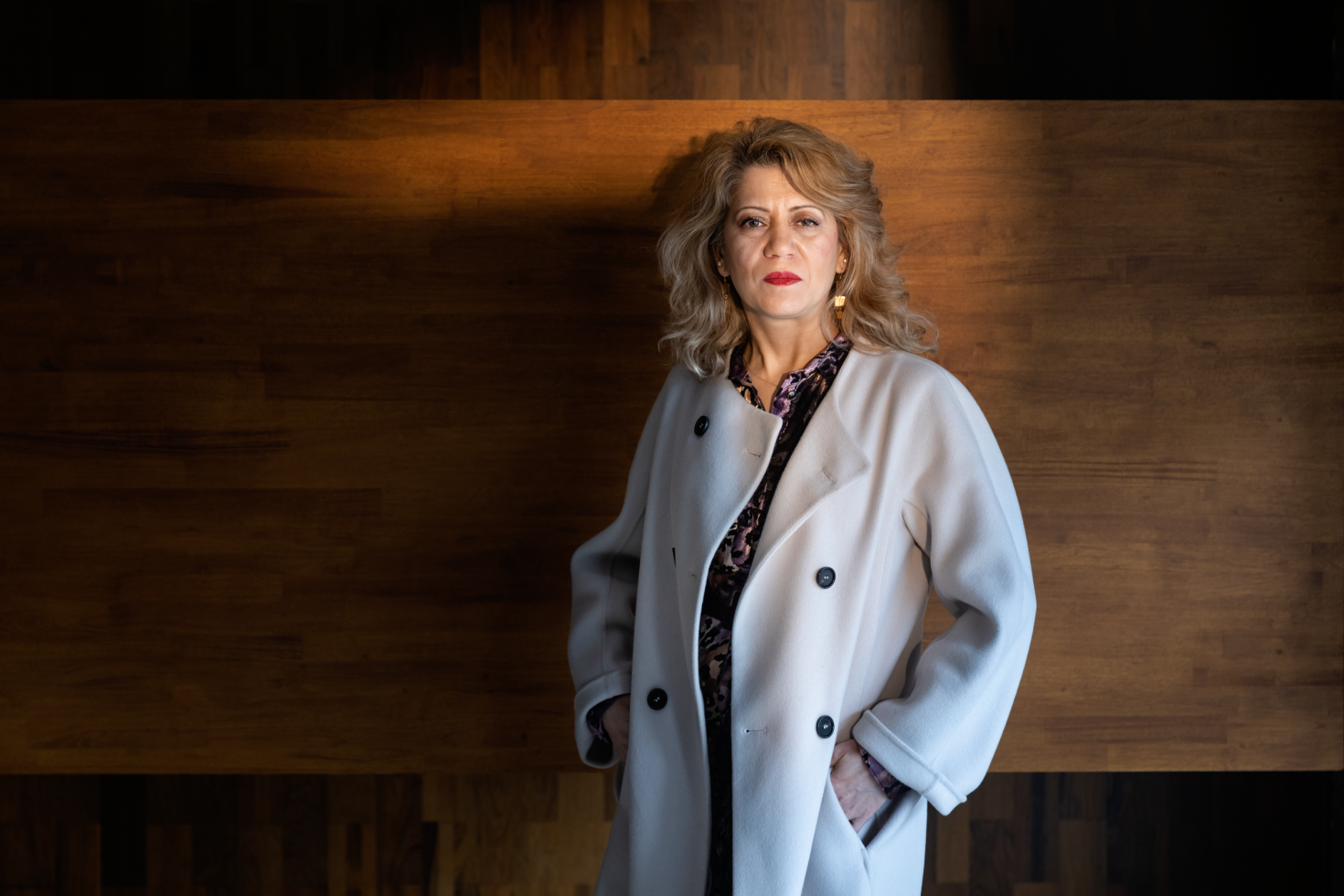Lailuma Sadid - Afghanistan Collapse

"Violence against women happens all over the world. But violence against women journalists is more exceptional. These women are there to make their voices heard, to express what all battered women have suffered, and how they have to live with their pain day after day. The power of women journalists’ words stands against male-led state power. For me it has always been essential to inform the world and mainly the political decision makers about the condition of women in Afghanistan."
Listen to Lailuma Sadid's story:
In Afghanistan, being a woman and a journalist has a negative impact on your working career. Thankfully, I grew up in an educated family with humanistic and democratic values. But as soon as I started working as a journalist, the pressure from men began and I had to fight day after day to do my job as a journalist. Besides my position as a woman, my Tajik origin in the midst of a predominantly Pashtun society, only added to the daily difficulties I faced at the time. I started my fight for our rights, the first time when the Taliban took over in 1996. They threatened me with death and whipped me several times but I came out stronger and never gave up. The Taliban kills us with their guns and we kill them with our pen.
In my country, men experience almost unlimited impunity. As a result, they put pressure on working women around them in every possible way. For me, it was common that my articles were not published. I faced physical violence such as beating and groping parts of my body. I was insulted and humiliated by various public groups while preparing an account of the incident. At the beginning of my career, I was very discouraged and depressed but my self-confidence was the key to my success. Contrary to their wishes, the men around me only succeeded in making me want to defend women's rights and to tell the truth about what was happening.
Violence against women happens all over the world. But violence against women journalists is more exceptional. These women are there to make their voices heard, to express what all battered women have suffered, and how they have to live with their pain day after day. The power of women journalists' words stands against male-led state power. For me it has always been essential to inform the world and mainly the political decision makers about the condition of women in Afghanistan. Seeing the plight of Afghan girls gives me the motivation to keep fighting and writing their stories every day. I want to raise the voice of the voiceless, especially women.
Women journalists, never stop fighting for your freedom, have the courage to face them. Our country's history cannot stop at this dramatic episode. Without your testimonies, our mothers, our daughters and our sisters will have to continue to suffer under the yoke of bad men who deserve no place in our society.
